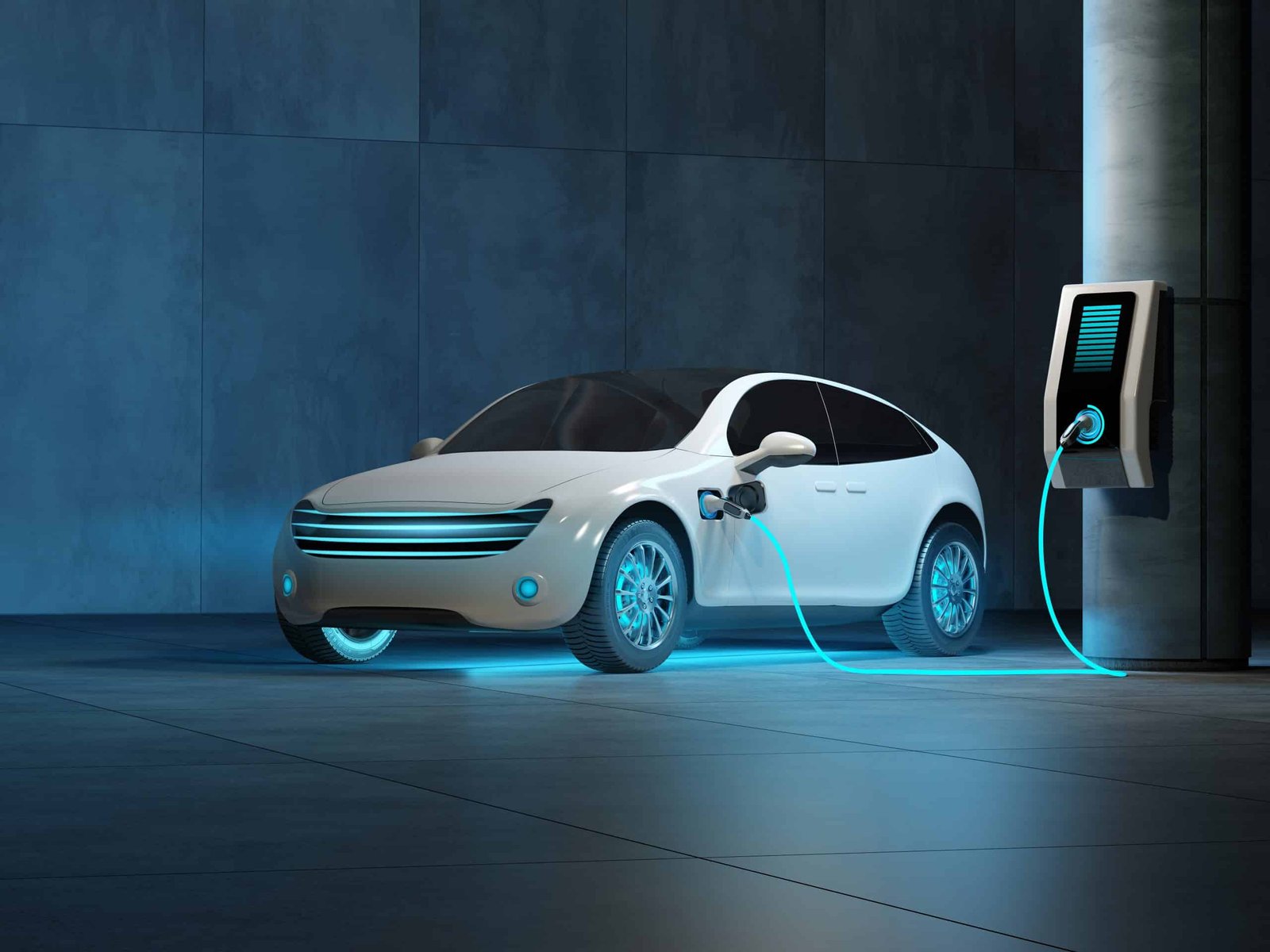The era of electric vehicles: Is Nigeria ready?
Automotive technology
By: Jennifer Irene

Share:
We find ourselves in a time when the world is rapidly drifting away from the use of fossil fuel powered vehicles (petrol vehicles) and embracing the adoption and utilization of electric vehicles (EVs). Various developed countries have started opting for the use of EVs for their transportation activities instead of petrol vehicles. Many automobile companies are rapidly transitioning from the production of petrol vehicles to the production of EVs while companies like Tesla pioneered the full production of electric vehicles from the onset. So the question of the day is; do you think Nigeria is ready to adopt the use of EVs? Let’s find out! First, we will start by getting ourselves acquainted with the difference between both categories of vehicles.

Electric vehicles and petrol vehicles basically differ in terms of their energy source. Electric vehicles are powered by electricity stored in batteries and the electricity can be generated from various sources such as renewable energy while petrol vehicles use petrol as fuel for internal combustion engines. The reason why some parts of the world have transitioned from petrol vehicles to EVs is because EVs produce lower emissions at the point of use, especially if the electricity is generated from renewable sources while the carbon combustion rate of petrol vehicles is extremely high and has adverse impact on the environment and climate.
Nigeria as a country does not have constant electricity supply. The country’s national electricity supply falls below 40% as compared to her fellow African countries such as Egypt with 100% national electricity access and Ghana with 85%. As of January 2022, Nigeria's electricity generation capacity was fixed around 12,522 megawatts (MW) and this is because Nigeria has only three dams generating hydroelectric power for the country which are; the Kanji dam, the Jebba dam and the Shiroro dam. For Nigeria to attain 100% stable electricity supply, the country would need to generate electricity from any source at Gigawatt (GW) levels. Hydro electricity is the country’s only source of power as we have yet to fully tap into technology of wind and solar energy.
The point in the third paragraph is simply to give you a “food for thought” kind of reasoning to help you come to a conclusion on the answer “if Nigeria is ready for electric vehicles”? Countries with thriving electricity supply enjoy the use of EVs as compared to petrol vehicles. EVs require battery charging stations which are just like petrol stations for petrol vehicles, except in the case of EVs, these stations are for charging the batteries of EVs with electricity. Without the construction of electric charging stations for EVs, the production or adoption of EVs in Nigeria is not a discussion that should be on the table.

And we cannot talk about the construction of electric charging stations for EVs if Nigeria has no stable electricity supply or access to large scale solar energy technology.This is because these charging stations generate the electricity which they use to charge batteries of EVs from converted stored solar energy. Nigeria has been heavily dependent on the use of generators due to lack of electricity access. I can’t even imagine using generators to charge our EVs or the charging pumps in the stations just because Nigeria chooses to be over ambitious without tackling the major underlying issue which is lack of stable electricity supply.
It is obvious from these little explanations that Nigeria as a country is “NOT” ready for the adoption of electric vehicles anytime soon. So for now, let’s stick to our petrol vehicles and worry about the adverse effect of the combustion on climate later. As an underdeveloped country, we still have a long way to go in terms of development in our respective sectors.